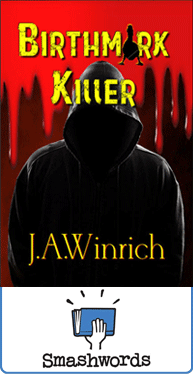Well, it’s been awhile again, but here I am.
Clichés first:
Chew the fat–To chatter informally. Chewing the rag-19th Cent.- was used in Great Britain-a colloquial term for grumbling or complaining-some say it was an army term for persisting in an argument. The rag in question was a piece of cloth used when soldiers ran out of tobacco. Chewing the fat is more common in America-might have meant chewing on salt pork or fatback when supplies were low. Today they mean talking in a relaxed manner.
No sweat–No extra effort will be required, no trouble doing what you ask. Been around since 1930, possibly earlier. Several lexicographers – this term referred to sense of the perspirationg that might result from overexertion. Closely related to “no problem”, but does not mean okay or your welcome like it does.
From rags to riches–From poverty to wealth thru one’s own efforts. A self-made man or woman. Horatio Alger (1834-99) used in is over 130 books where the heroes always rose from their meager existence by virtue of hard work, thrift, etc. to win great wealth and of course, happiness.
Did you find these in my last post?
I finally sent my pdf of my novel and the cover design to CreateSpace. They then sent me a proof of my book. It looks great. So now I’m going through the book to make sure everything is all present and accounted for. How am I doing that? CreateSpace gives you ideas on how to “proof” your book, which is helpful. You should peruse it three times.
1. Make sure Title, etc. is correct and you have all the correct page numbers and name and book title on the pages.
2. Go through the book and make sure all the indents and spaces are correct. First thing I found wrong was on Chapter 10-the first paragraph was indented one space instead of flush like all first paragraph of chapters should be. Also, I used to type for a living and after a period I had two spaces instead of one, so am correcting those mistakes.
3. Have someone read the entire book to make sure it is all there and no misspellings-even though used spell check.
Another suggestion someone told me was to make sure that when you transferred it over, no words or sentences were dropped, like sometimes can happen.
So I am making headway and I’m halfway through my proof looking for indents and spaces. I have found several. All things considered, this will be worth it in the long run. I will have a more professional looking book. Does it take time? Yes! But I don’t want to come to grief over a glaring mistake in my first self-published book.
Until next time, Keep writing,
Julie



